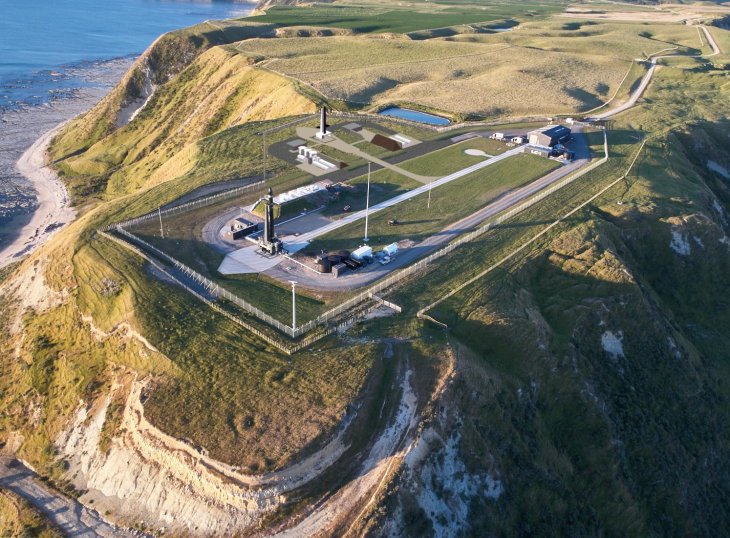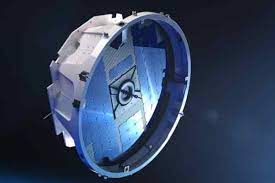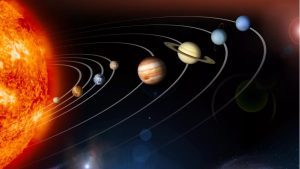Everything You Need to Know about Rocket Lab Launch Sites
12th Apr 2021
Rocket Lab is a private US aerospace company offering launching services for deploying small satellites and constellations of small satellites into calculated orbits – all from Rocket Lab spaceports and launch pads. The company’s offices and production sites are based in the United States and New Zealand. Since 2017, RocketLab’s Electron lightweight rocket has completed 19 launches, 17 of which have been successful. The company has deployed around a hundred small satellites and CubeSats into their required orbits and, soon enough, Rocket Lab launch frequency should increase to 120 missions a year.
Rocket Lab’s ambitious plans are perfectly justified. The company has its own private spaceport on the Mahia Peninsula in New Zealand, and in 2020, it received an FAA license for launches from Launch Complex 2 on Wallops Island, Virginia, USA. Let’s take a look at these spaceports and their launch capabilities in more detail.
Launch Complex 1, Mahia, New Zealand
The spaceport sits on a 340-feet plateau and is surrounded by cliffs on three sides. It can only be accessed via a road leading north from the site. The nearest town, Wairoa, is located 50 km northwest at the bend of Hawke Bay.
Complex 1 includes a 50-ton Rocket Lab launch platform, a tower, a rocket hangar, and storage tanks for liquid oxygen and kerosene. The exclusion zone is about 8 kilometres. The Mission Control Centre is located in Auckland, approximately 500 kilometres northwest. Centre equipment allows the monitoring of 25 thousand data channels, transmitted from the complex, rocket, and payload, in real-time.
The Mahia spaceport has a 30-year license to launch once every 72 hours. Its favorable location allows for different orbital inclinations. Curiously, the official opening of the Rocket Lab launch complex in September 2016 was under threat. Three weeks before the scheduled opening date, a 7-point amplitude earthquake occurred 100 km north of it. Fortunately, neither the platform nor the hardware was damaged.
Rocket Lab Launch Complex 1, Mahia is the first fully private spaceport to carry out orbital launches for commercial and private customers. Most small satellite launchers use third-party spaceport services or specialise in suborbital flights.
Mahila launchpad LC-1B
On December 19, 2019, Rocket Lab announced the building of a second launch pad at Mahia known as LC-1B to increase its launch frequency from New Zealand.
The inaugural launch of LC-1B took place on February 28, 2022. As part of The Owls Night Continues mission, the Electron rocket launched to SSO first of three dedicated payloads for Synspective’s StriX constellation. The next launch from LC-1B is scheduled for June 6, 2022. Electron will use the special spacecraft Photon to place NASA CAPSTONE (CubeSat that will serve as a precursor for the planned Artemis Gateway) on a trajectory to the Moon. CAPSTONE will move into a near-rectilinear halo orbit (NRHO) after separation from Photon.
Upcoming Rocket Lab Spaceports: Launch Complex 2
In October 2018, RocketLab selected Virginia Space and Mid-Atlantic Regional Spaceport (MARS) at Wallops Flight Center, Virginia, as its future US launchpad. The launches are expected to start this year and will primarily serve government contractors. Virginia Space is used by NASA’s Langley Research Center (LARC), the National Reconnaissance Office (NRO), and has strong financial support from the federal space budget.
Since 2006, 22 launches have been carried out from this facility — mostly for heavy rockets such as Minotaur and Antares. Soon enough, the number of Rocket Lab spaceports and annual launches will increase. The first use of LC 2 is scheduled for December 2022. Electron rocket will launch a rideshare mission with 3 of the 15 radio satellites contracted with HawkEye 360, an American geospatial analytics company from Virginia.






Thank you for your comment! It will be visible on the site after moderation.